With a Gospel of forgiveness and freedom, what role does Biblical morality play in a Christian’s life?
By made. known.
It’s never easy for us to bring morality into conversations around LGBTQ matters. Veterans of these conversations have even suggested that if you’re paying attention, it shouldn’t feel easy to move a conversation toward what’s right and wrong. It’s not that they’re unsure about the principles themselves. Rather, it’s that they’ve learned through many mistakes that it can be very difficult to talk about God’s will for our bodies without accidentally overshadowing the Gospel.
The essence of the Gospel is unconditional love: a place in God’s family that is in no way dependent on how holy or moral or cisgender or heterosexual you are. But the same words that tell us about that love also tell us to use our time and energy to chase what’s good. One word sets you free, and means it. But then the next word tells you what to do with that freedom.
Does that sound contradictory? A bait-and-switch? That would be understandable. As broken creatures we excel at misusing gifts, abusing power, and giving future generations more and more stories to fuel cynicism. Many a new Christian has been drawn into the church with the good news of freedom only to encounter unexpected rigidity. In short, many stories illustrate that we’re just not great at being free and good. But consider another story to help illustrate the Biblical dynamic between Christian freedom and Christian morality.
There’s an old tale about Abraham Lincoln buying a slave. The authenticity of the story has never been proven, but in all honesty it doesn’t matter. If we can take lessons in faith from Harry Potter, we can take them from maybe-true stories about Lincoln.
As the story goes, Lincoln went down to a slave market one day. He begins bidding on a young woman, and as he does she watches him bitterly. Just another white man to own her, abuse her, and treat her liked property. Lincoln wins the auction.
As they walk away together he turns to her and says, “My dear, you’re free.”
Barely listening, she responds, “And what does that mean?”
“It means you’re free.”
She plays along dryly. “Does that mean that I can say what I want to say?”
“You can say whatever you want to say.”
They keep walking in silence. Further down the road, a faint light starts to glimmer in her weary eyes. She speaks a bit slower now, cautiously. “Does that mean that I can be whatever I want to be?”
Lincoln replies, “Yes, you can be whatever you want to be.”
Another pause. Gears turning and grinding between hope and experience, she ventures again, “Does that mean I can go wherever I want to go?”
“You can go wherever you want to go, my dear.”
Another few moments pass, and she stops walking. Lincoln continues on for a few steps, then turns back to her.
“Well, where would you like to go?”
Her eyes well up as she stares at the ground. She looks up at him.
“I think I’d like to go with you.”
_______
Friends, we don’t know what life in perfect freedom and grace looks like. It’s a truly foreign concept to us. The more self-aware you become, the more you realize how many of your decisions ultimately spring from fear of pain or judgment. We may daydream of what we’d do if one or two particular burdens of ours were lifted, but what if they were all gone at once? What if you truly believed that all your needs would be met, that your mistakes would be forgiven, and that you would never be alone? I’m not sure you’d know what to do with yourself.
But that’s true for all of us. This is the Gospel that clears the way ahead and truly sets us free. And the way ahead isn’t just a blank slate. We have a guide who shows us what life in freedom looks like.
Jesus knew he was free. The first true son of humanity, entirely at home in the world and able to bend it to his whim – what does he tell us about how he uses his freedom? “My food is to do the will of him who sent me. (John 4:34)” “He humbled himself and became obedient to death, even death on a cross. (Phil 2:8)”
Freedom is one thing. Future is another.
Forgiveness is one thing. Love is another.
The crucifixion was only the first act of our salvation. The story could have ended there, complete forgiveness delivered, and it would still have been the most important event in human history. But God didn’t just leave us at the threshold of an open door. Jesus returned, putting the final nail in death’s coffin and giving shape to what comes after freedom. And a bit later at Pentecost, he gave us his companionship in the Holy Spirit, too.
This is why we talk about God’s will for our lives. Because the firstborn from the dead, the only human to experience perfect freedom and grace, sought after God’s will in his own life.
What God ordains is always good, the old hymn says. Let’s follow the way of Jesus and chase after that good, together – not out of fear or halfhearted obligation, and not even because we’re free and can do what we want – but because the one who set us free, and meant it, has proven he’s worth following.
“I have come that they may have life, and have it abundantly. (John 10:10)”

